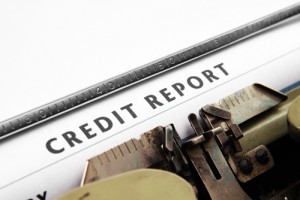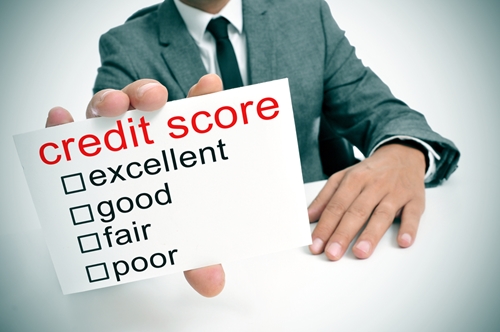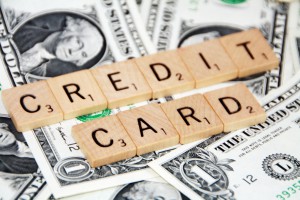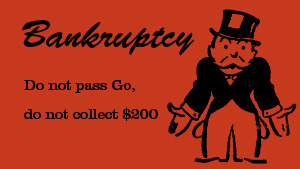Avoid These Common Financial Mistakes
Everyone makes financial mistakes, and it is harder to avoid them than one might think. However, most mistakes people fall into are the same that others have made or make on a daily basis. You probably know what they are and hear about them all the time, but like most things, solutions are easier to talk about than actually implement into practice.
Not all financial mistakes can harm your credit. For instance, while spending too much for a cup of coffee every day is not in the best interest of your bank account, it probably won’t keep you from making your credit card payments on time. If it does, then it is time to stop. But, there are some mistakes that will affect your credit score and you might not even realize how often you are doing it.
Consider the following list of mistakes to avoid to protect your credit:
Late payments
“Not all spending mistakes harm your credit, but it’s important to be mindful of those that will.”
See, you knew this was coming! However, that doesn’t make it any less important. If you have a credit card balance, or a monthly bill is due, pay it off every month. Continue reading…








 The credit score is in the process of receiving an overhaul. While that sounds a bit odd, The Wall Street Journal reported on the announcement last week, made by the Fair Isaac Corp., which is the
The credit score is in the process of receiving an overhaul. While that sounds a bit odd, The Wall Street Journal reported on the announcement last week, made by the Fair Isaac Corp., which is the 

